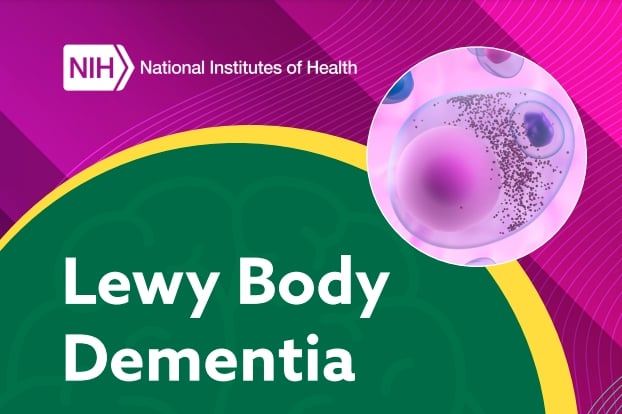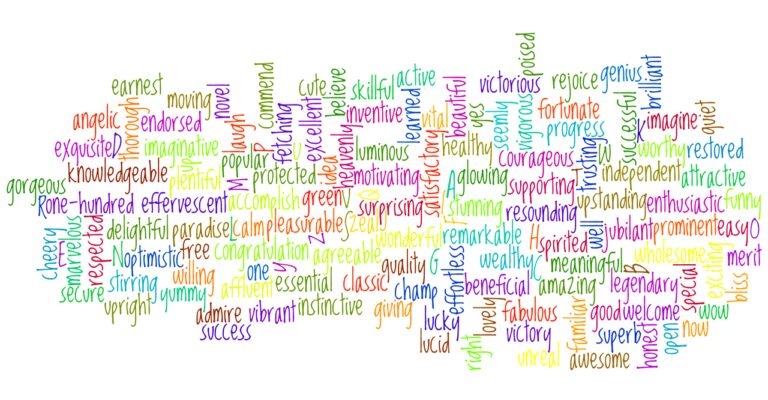
85 with Dementia? Good Chance It’s HS-AGING, Not Alzheimer’s
Three important dementia studies focus on HS-AGING, a type of dementia almost as common as Alzheimer’s in the 85+ group. Yet few people have heard of it. Why? What makes it different?

Three important dementia studies focus on HS-AGING, a type of dementia almost as common as Alzheimer’s in the 85+ group. Yet few people have heard of it. Why? What makes it different?

UNDERSTANDING ALZHEIMER’S: Lisa Genova wrote the Alzheimer’s classic, “Still Alice”. See her discuss myths and facts about Alzheimer’s with leading Alzheimer’s activist Maria Shriver.

60 Minutes checks in on the groundbreaking “90+ Study”. Lesley Stahl revisited the participants, aged 90+, whom she first met in 2014., See the latest on leading longer, healthier lives, with special focus on memory and dementia.

Accurately diagnosing a dementia type can be very beneficial, even life-saving. With over 100 dementia types but no simple test, see tools and techniques to better diagnose dementia.

Women have long claimed that they can remember things better – and longer – than men. An important study sheds light on the matter. Learn how women’s memory performs at various stages of life.

Ten years ago, we knew of only 10 genes associated with Alzheimer’s. Today, we know of more than 70 relevant genetic regions. Understand the role genes play in Alzheimer’s.

Did you know women have a higher risk of dementia than men? In fact, two-thirds of cases are women. But why? In this video, we dive into 5 reasons why women are more susceptible to dementia, backed by research and scientific studies.

FREE LBD BOOK, by America’s NIH. Insights into caregiving, movement, sleep & behavior. Often misdiagnosed as Alzheimer’s or Parkinson’s, 1 million Americans have Lewy Body dementia. Learn more about it.

Skilled movements, like brushing teeth or opening car doors, are essential for daily living. Learn what happens when dementia triggers apraxia and these skills begin to fail.

Aphasia affects a person’s ability to communicate. It affects language functions, such as speaking, understanding what others say, and naming common objects. Learn its causes, types and a few tips.

Empower yourself with a detailed report of your brain’s function, consisting of an assessment of your cognitive function and your brain connectivity with a quick 45-minute on-site appointment.

Kimberly Warnick, Certified Dementia Practitioner and Care Navigator

Selling Alzheimer’s books takes time – buyers rarely commit right away. Smart authors plan for the long game, offering gentle, repeated reminders to buy. No tool does this more effectively or simply than the Alzheimer’s & Dementia Weekly Newsletter service. Keep your book—and its message—at the center of your readers’ attention.

SHORT-TERM MEMORY lapses are obvious signs of Alzheimer’s, but other tell-tale signals begin to show much earlier. Learn how to look for semantic impairments, such as simple questions about size.

Three important dementia studies focus on HS-AGING, a type of dementia almost as common as Alzheimer’s in the 85+ group. Yet few people have heard of it. Why? What makes it different?

An intriguing study of 120 grandmothers might surprise you. Doctors know socially engaged people have better cognition and less dementia. But can a person get too much of a good thing? What’s the right balance?

Enjoy this great duet between a musician with dementia and his son. A triumph of spirit over Alzheimer’s! Sing-a-long if you like!
No spam, only news and updates.



This site was inspired by my Mom’s autoimmune dementia.
It is a place where we separate out the wheat from the chafe, the important articles & videos from each week’s river of news. Google gets a new post on Alzheimer’s or dementia every 7 minutes. That can overwhelm anyone looking for help. This site filters out, focuses on and offers only the best information. It has helped hundreds of thousands of people since it debuted in 2007. Thanks to our many subscribers for your supportive feedback.
The site is dedicated to all those preserving the dignity of the community of people living with dementia.
Peter Berger, Editor